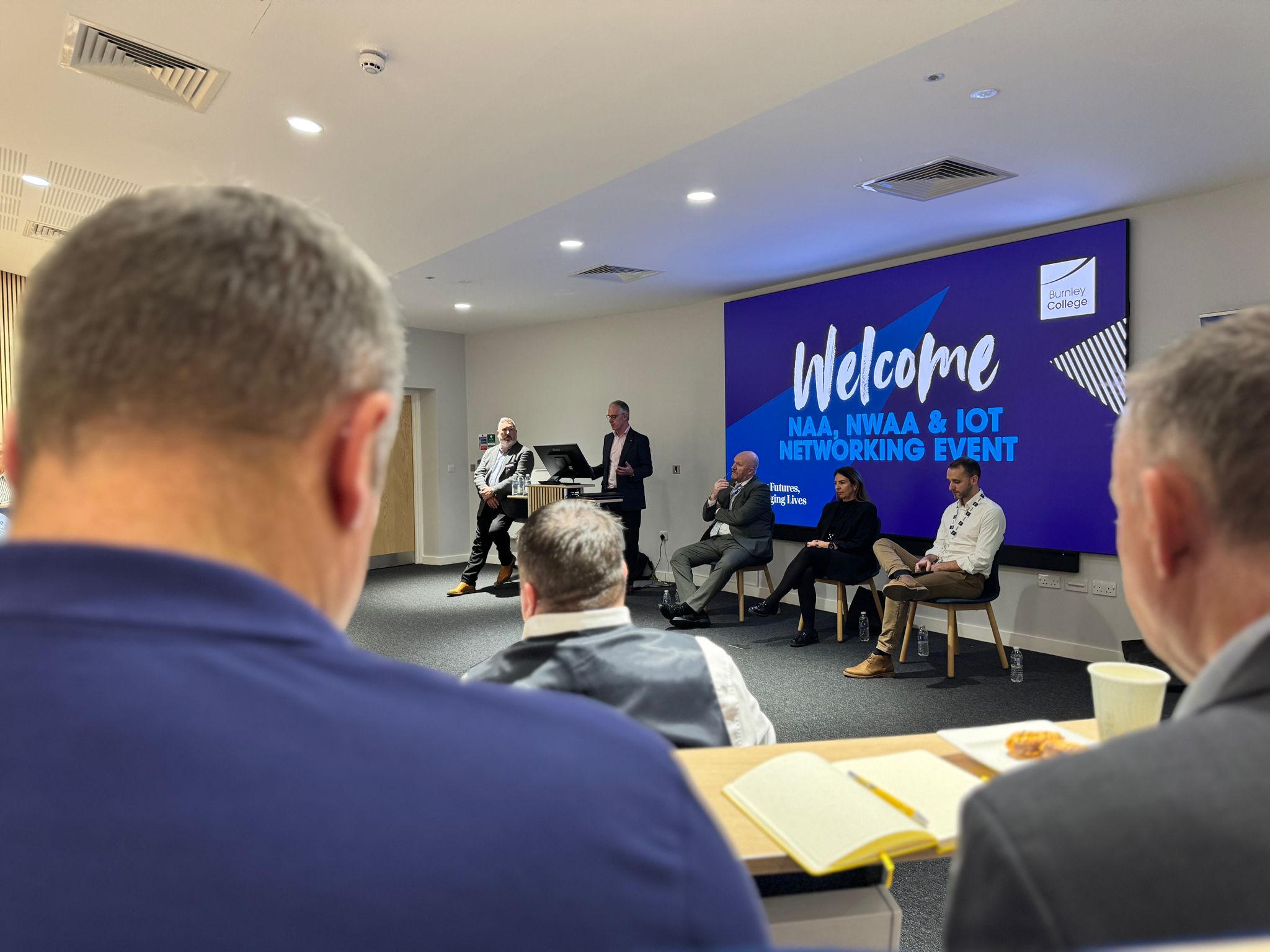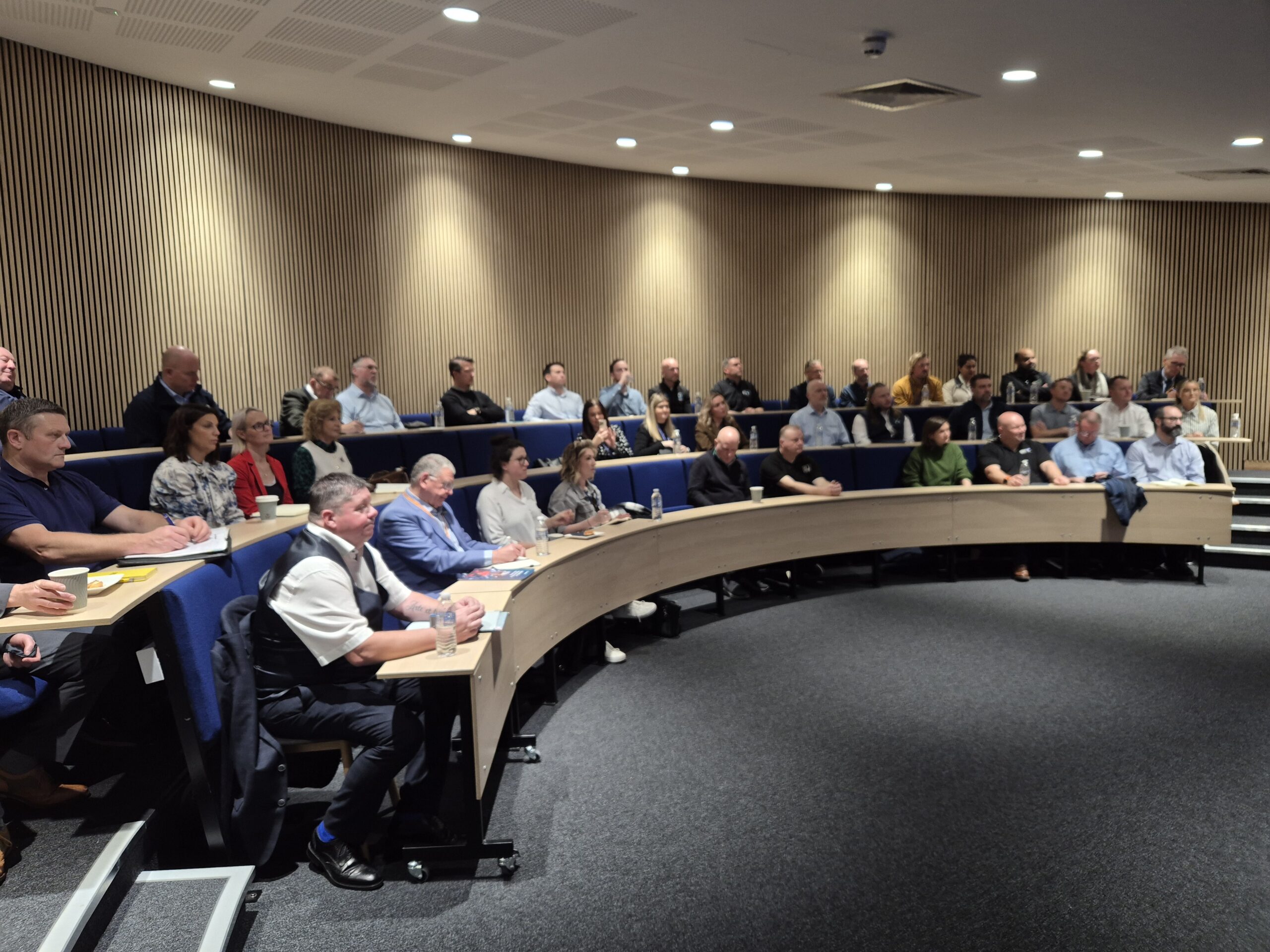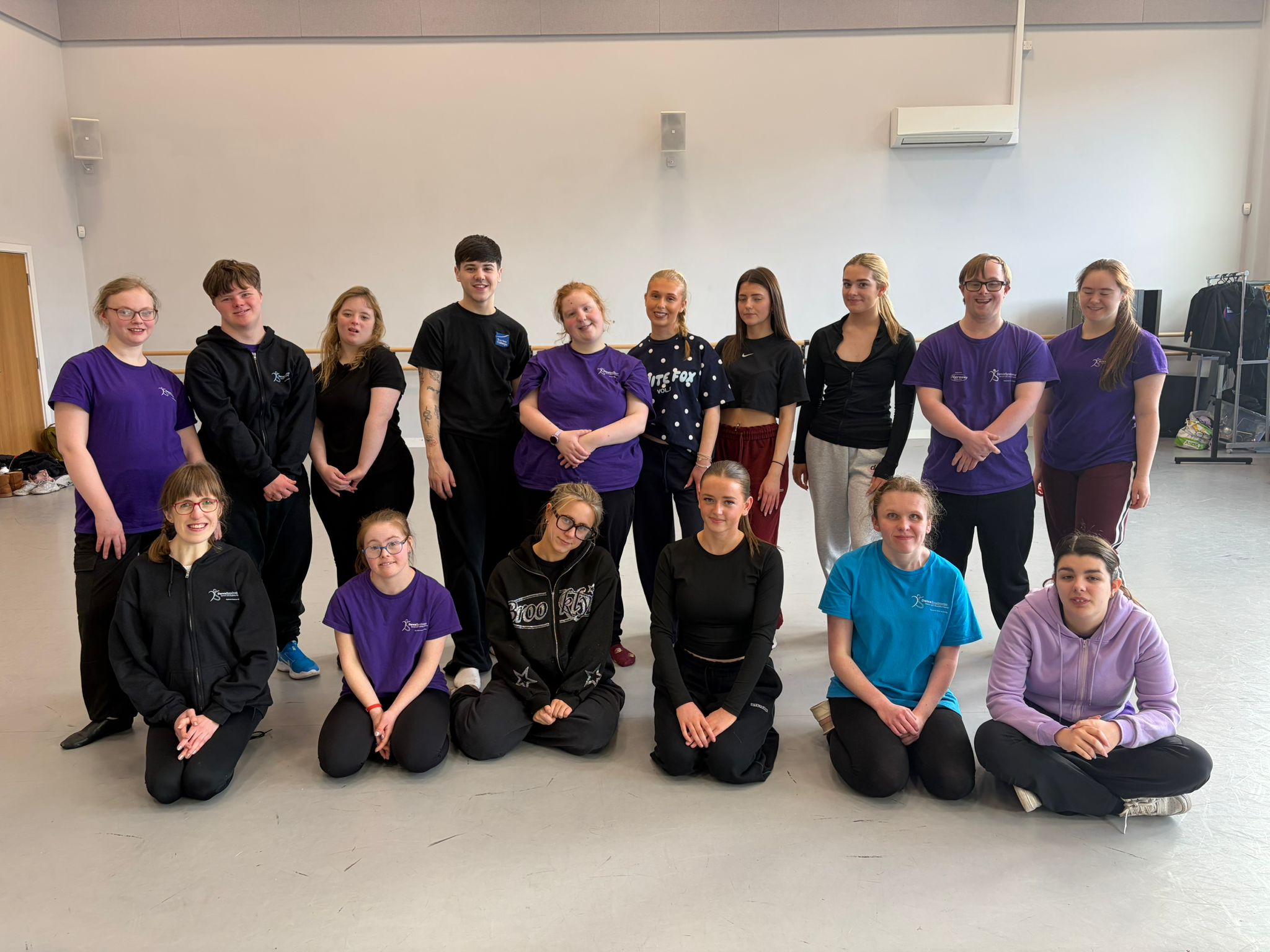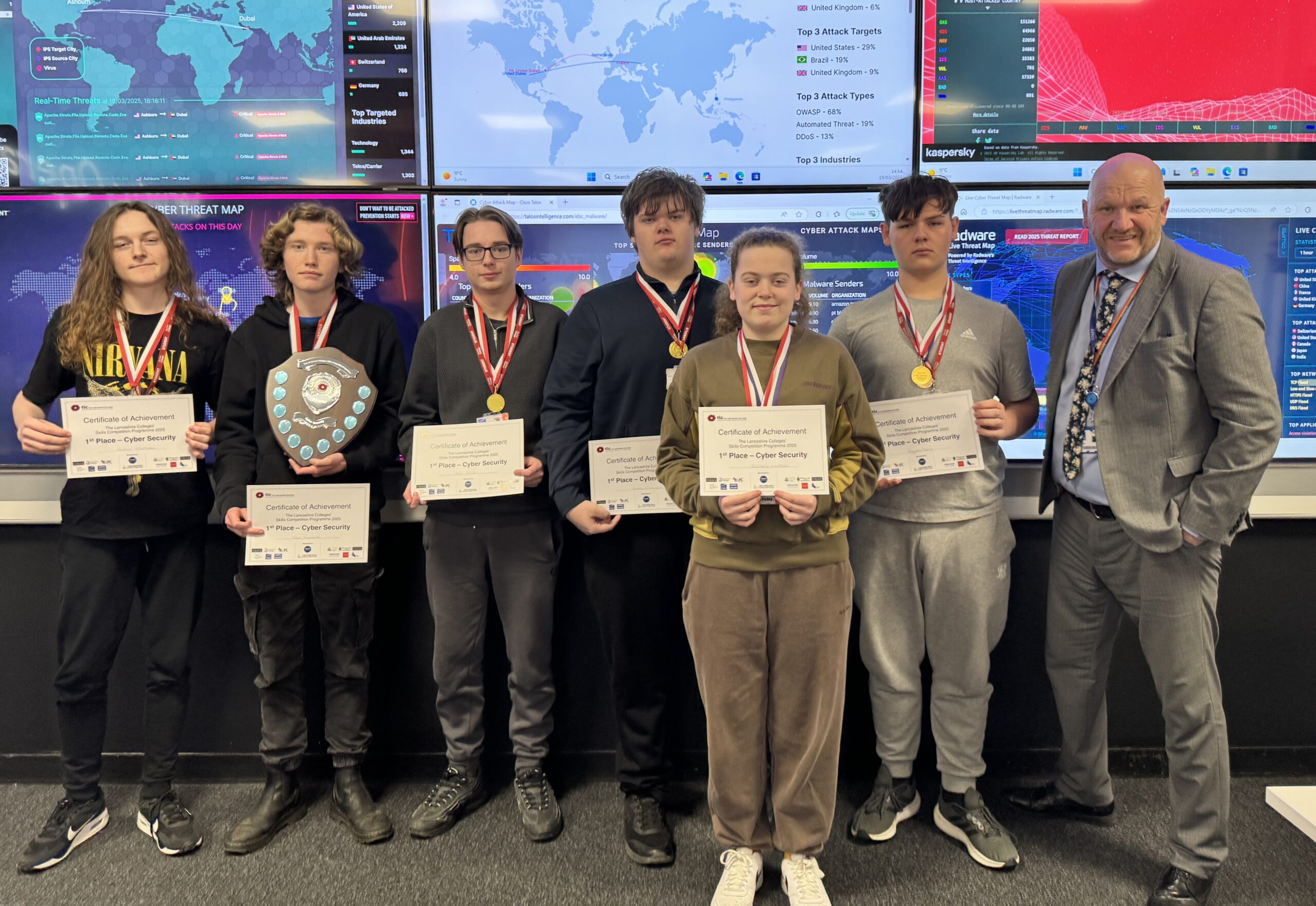Leaders from the UK’s vital automotive and aerospace sectors joined forces at Burnley College for a landmark event.
The Future Skills for Advanced Manufacturing forum was held in partnership with the Northern Automotive Alliance (NAA) and the North West Aerospace Alliance (NWAA). The event united industry innovators, educators and employers to address the critical need for a future-ready workforce.
The networking event focused on strengthening the talent pipeline and fostering collaboration between education and industry. Discussions centred on navigating rapid technological change, enhancing global competitiveness and driving sustainability through targeted skills development. Key highlights included exploring the role of the Lancashire & Cumbria Institute of Technology (IoT), improving school-to-college career pathways, and ensuring curriculum responsiveness to meet evolving employer demands.
Neil Burrows, Director of Skills and Innovation at Burnley College explained why the forum is a vital opportunity for collaboration:
“The future of advanced manufacturing depends on our ability to attract, develop and retain exceptional talent.
“Today’s event reinforces that the most powerful solutions are forged through partnership. By working hand-in-hand with industry, we are not just teaching skills; we are shaping futures, building robust talent pipelines and ensuring our region remains a competitive force in innovation. This is about creating clear, high-value career pathways for our learners and delivering the skilled workforce our employers need to thrive.”
The panels addressed the entire talent journey, from inspiring young people in schools to the importance of upskilling the existing workforce. This highlighted the need for educational institutions to remain agile and responsive, bridging the gap between classroom learning and real-world industry application.
By facilitating these vital conversations, Burnley College is reinforcing its commitment to the local community and its students. The event helped to solidify clearer pathways for learners into highly skilled, technical careers within the automotive and aerospace industries, strengthening the regional economy and ensuring training and education remain closely aligned with industry needs.




